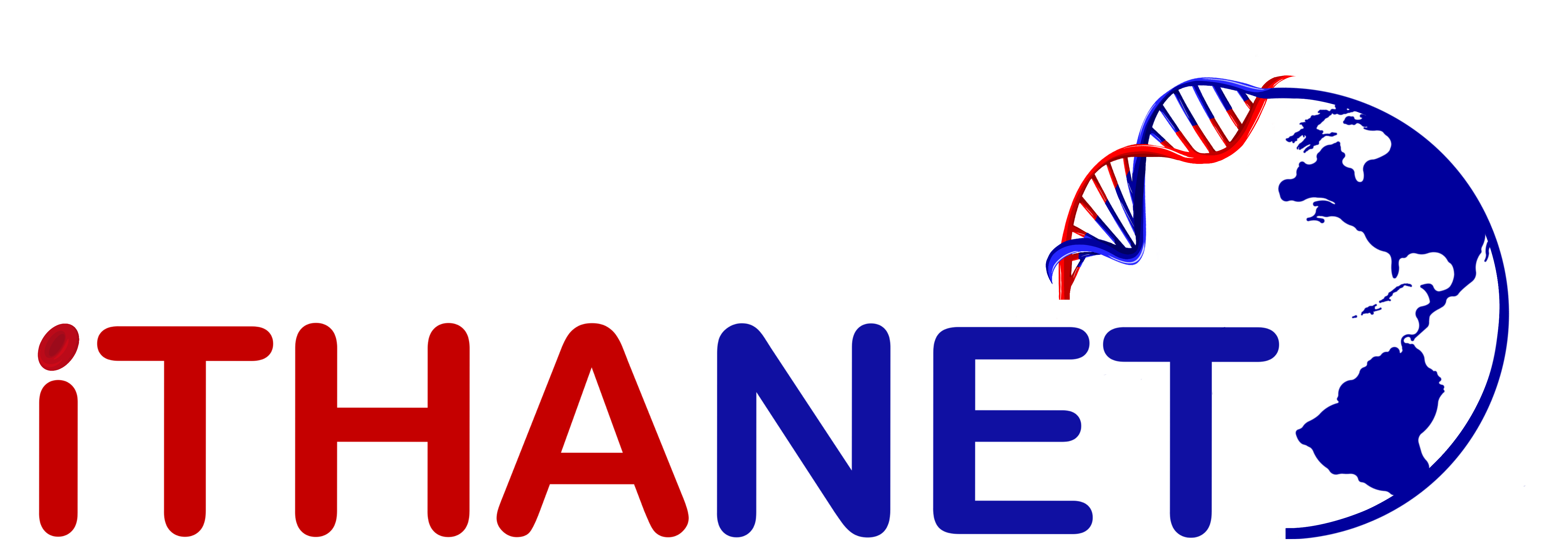GeneID: 60
Names
| Common Name: | BMP6 | Type: | Gene |
|---|---|---|---|
| Chromosome: | 6 (NC_000006.12) | Locus: | N/A |
| HUGO Symbol: | BMP6 | Full Name: | bone morphogenetic protein 6 |
| Exons: | 7 | Introns: | 6 |
Description:
BMP6 is a member of the family of bone morphogenetic proteins (BMPs), which comprise a subclass of the transforming growth factor β (TGFβ) superfamily of signalling molecules. BMPs signal via binding to serine/threonine kinase receptors, which in turn activate substrate proteins, such as SMADs, that then form transcriptional complexes to control target genes. BMPs function as morphogens in embryogenesis and development, and are involved in the maintenance of adult tissue homeostasis. They play pivotal roles in osteoblast differentiation and later bone formation, as well as articular cartilage maintenance and repair. The TGFβ/BMP signalling pathway participates in inflammatory processes. Polymorphisms in this gene associated with osteonecrosis, stroke, pulmonary hypertension, bacteremia and leg ulceration in sickle cell patients.
Synonyms: VGR , VGR1
Comments:
N/A
Number of entries/variants: 10
Sequence Viewer
Publications / Origin
- Rosendahl A, Pardali E, Speletas M, Ten Dijke P, Heldin CH, Sideras P, Activation of bone morphogenetic protein/Smad signaling in bronchial epithelial cells during airway inflammation., Am. J. Respir. Cell Mol. Biol. , 27(2), 160-9, 2002 PubMed
- Baldwin C, Nolan VG, Wyszynski DF, Ma QL, Sebastiani P, Embury SH, Bisbee A, Farrell J, Farrer L, Steinberg MH, Association of klotho, bone morphogenic protein 6, and annexin A2 polymorphisms with sickle cell osteonecrosis., Blood , 106(1), 372-5, 2005 PubMed
- Sebastiani P, Ramoni MF, Nolan V, Baldwin CT, Steinberg MH, Genetic dissection and prognostic modeling of overt stroke in sickle cell anemia., Nat. Genet. , 37(4), 435-40, 2005 PubMed
- Nolan VG, Adewoye A, Baldwin C, Wang L, Ma Q, Wyszynski DF, Farrell JJ, Sebastiani P, Farrer LA, Steinberg MH, Sickle cell leg ulcers: associations with haemolysis and SNPs in Klotho, TEK and genes of the TGF-beta/BMP pathway., Br. J. Haematol. , 133(5), 570-8, 2006 PubMed
- Adewoye AH, Nolan VG, Ma Q, Baldwin C, Wyszynski DF, Farrell JJ, Farrer LA, Steinberg MH, Association of polymorphisms of IGF1R and genes in the transforming growth factor- beta /bone morphogenetic protein pathway with bacteremia in sickle cell anemia., Clin. Infect. Dis. , 43(5), 593-8, 2006 PubMed
- Ashley-Koch AE, Elliott L, Kail ME, De Castro LM, Jonassaint J, Jackson TL, Price J, Ataga KI, Levesque MC, Weinberg JB, Orringer EP, Collins A, Vance JM, Telen MJ, Identification of genetic polymorphisms associated with risk for pulmonary hypertension in sickle cell disease., Blood , 111(12), 5721-6, 2008 PubMed
- Ulug P, Vasavda N, Awogbade M, Cunningham J, Menzel S, Thein SL, Association of sickle avascular necrosis with bone morphogenic protein 6., Ann. Hematol. , 88(8), 803-5, 2009 PubMed
- Flanagan JM, Frohlich DM, Howard TA, Schultz WH, Driscoll C, Nagasubramanian R, Mortier NA, Kimble AC, Aygun B, Adams RJ, Helms RW, Ware RE, Genetic predictors for stroke in children with sickle cell anemia., Blood , 117(24), 6681-4, 2011 PubMed
- Lettre G, The search for genetic modifiers of disease severity in the β-hemoglobinopathies., Cold Spring Harb Perspect Med , 2(10), , 2012 PubMed
- Wang RN, Green J, Wang Z, Deng Y, Qiao M, Peabody M, Zhang Q, Ye J, Yan Z, Denduluri S, Idowu O, Li M, Shen C, Hu A, Haydon RC, Kang R, Mok J, Lee MJ, Luu HL, Shi LL, Bone Morphogenetic Protein (BMP) signaling in development and human diseases., Genes Dis , 1(1), 87-105, 2014 PubMed
